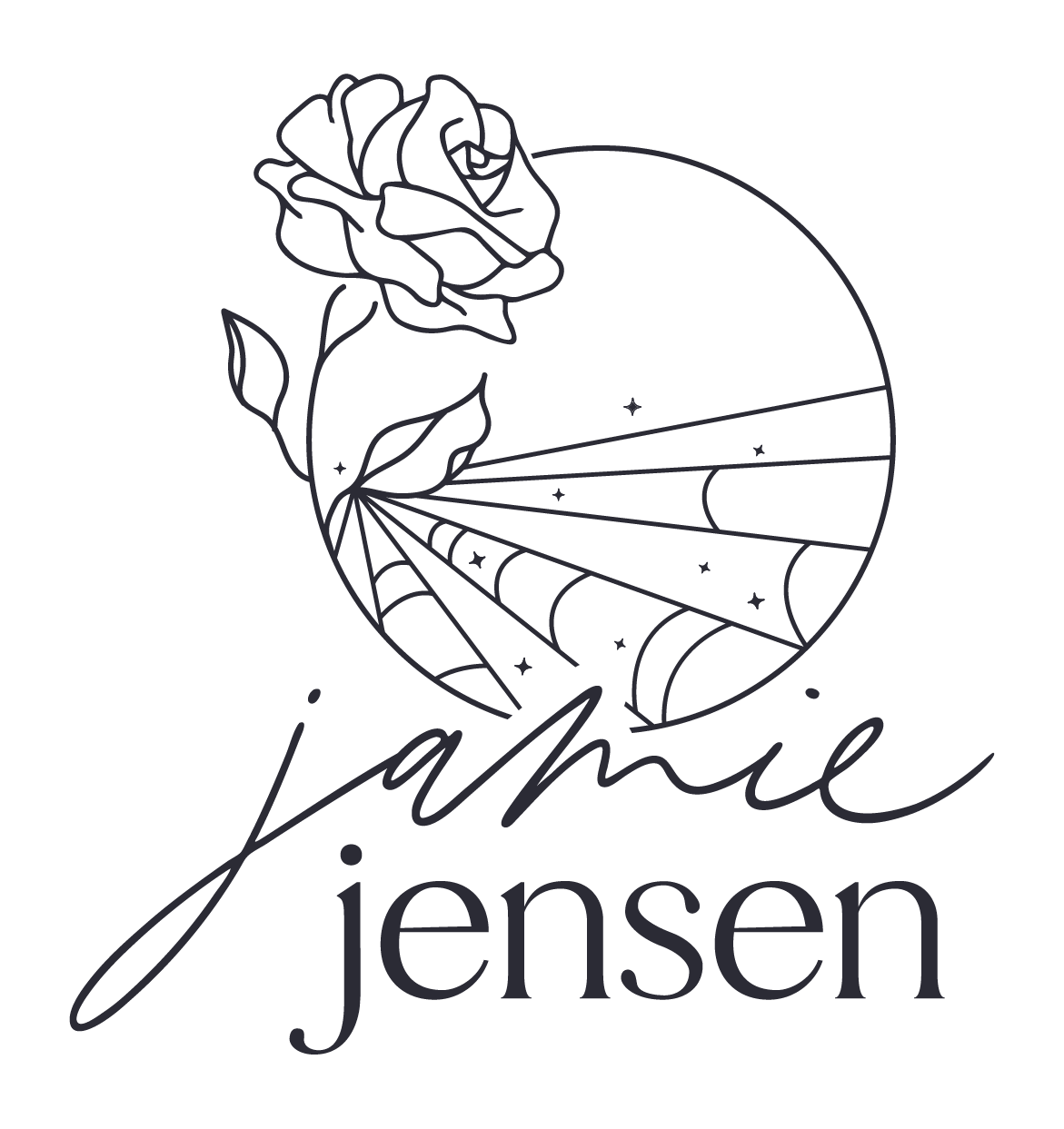Why “visibility” is so hard (and what to do about it)
On some level, we (being humans) all want and need to be SEEN. As kids, we need our parents and caretakers to see us. As adults, we also need to be witnessed as we succeed, fail, learn, and grow. The fact is, for better or worse, our existence is made distinct by how it impacts others. It all circles back to that age-old question “if a tree falls in a forest, and no one is there to hear it, does it even make a sound?”
In the book You Are The Universe, Deepak Chopra gets into this topic more deeply -- explaining how, on a physical level, our sight makes the world REAL just as much as the world is real before we even lay eyes upon it. Similarly, our relationships mold us -- give us a sense of identity, self, and purpose. We don’t live in a vacuum, and when we try, that isolation often leads to worsening symptoms of depression, anxiety, and so on (for those of us who are predisposed to that sort of thing -- like yours truly).
Over my years as a entrepreneur and artist, I’ve had to consistently put myself “out there,” and in that time I’ve noticed a few interesting emotional patterns that can’t possibly be unique to me. Namely, that after I have a big moment of vulnerability or visibility (i.e. being SEEN) either deeply by one person, or broadly by a group of people -- I have a pretty intense “hangover” afterwards. I walk off stage, shut off the camera, leave the room, end the conversation, watch the film credits roll, and all of a sudden I feel so NAKED that I want to hide and cry and console myself.
It’s uncomfortable AF.
Last Thursday, I had my first meeting with a producer off of my latest screenplay. It’s a new (and very polarizing) project that’s fresh to the market. It’s only the first meeting of many, but I still felt nervous ahead of time, wondering how I could possibly “present” myself and who I am -- as a brand -- in an appealing way.
Once I was in the room, I remembered who I was and flowed intuitively through the meeting. I love improvising, so this is never an issue for me once I’m in the room. (The before and after, however, could use some work, haha.) Afterwards, I felt 1) GREAT because it was a great meeting, but I also felt 2) TIRED and a little bit afraid. I noticed my thoughts…
“Did I miss an opportunity?”
“Did I say the right thing?”
“Was I smart enough?”
“I hope my thoughts made sense.”
I also noticed myself saying “... if that makes sense” a couple of times after finishing a thought throughout the meeting. Which is basically code for “I don’t trust that my thoughts make sense; can you validate?” See, as a professional wordsmith, I know how important language is and that what you say deeply reflects your thinking, informs what you create, and impacts what energy you give to other people. Sure, being a great communicator means making sure your message was delivered in a clear way -- but second-guessing yourself or even wondering if your thought process made sense to the other person? IT’S A TOTAL WASTE OF TIME, ENERGY, AND THOUGHTS. And...
Visibility is hard because it puts us in this position.
It allows us to get wrapped up in questions about whether or not we did “good enough,” and whether or not we actually ARE we who think we are based on what the “audience” received.
Was I smart?
Was I funny?
Was I attractive?
Was I savvy?
Was I well-informed?
Was I likeable?
ETC.
The truth is it’s all a mind-game that can exhaust the living shit out of us, if we let it. I know that actors who regularly audition must go through this too -- because you can’t control what happens once you’re “in the moment” Neither can speakers, or teachers, or improvisers, or comedians. You can practice. You can memorize. You can do your best.
But control?
You kinda just gotta go with the flow and be present.And then, you have to let it go. If you’re feeling anxious about speaking up, showing up, putting yourself more “out there,” my advice is to worry less about how someone else sees you -- and instead make the game simpler: just let yourself be seen. After all, most people are caught up in their own silly mind games anyway -- not yours. 9 times out of 10, getting visible is going to go a whole lot better than your fearful imagination could ever allow. And if the hangover hits, remember to be compassionate with yourself and laugh it off.
After all, visibility takes PRACTICE.
So does managing the anxiety of anticipation and the funny thoughts that come as a result of being SEEN. But you’re not the only one who goes through it.It’s just normal human stuff.
All you have to do is know that every time you do it, you get a little bit better at it. ;)
So flex that visibility muscle to practice being seen, not to practice being perfect.
Create like you mean it,
Jamie

